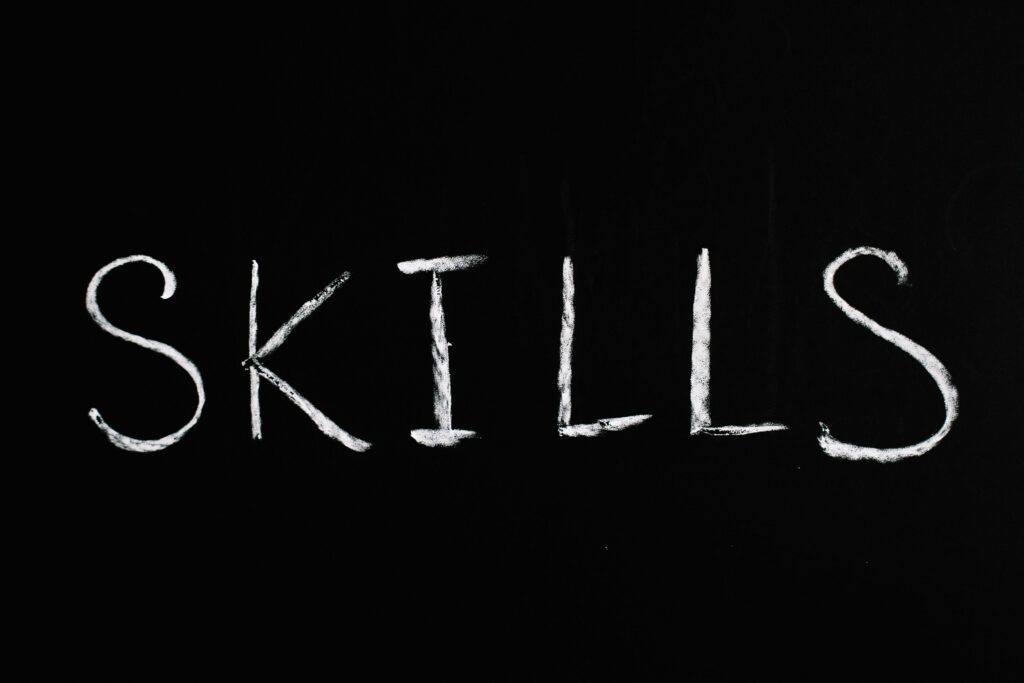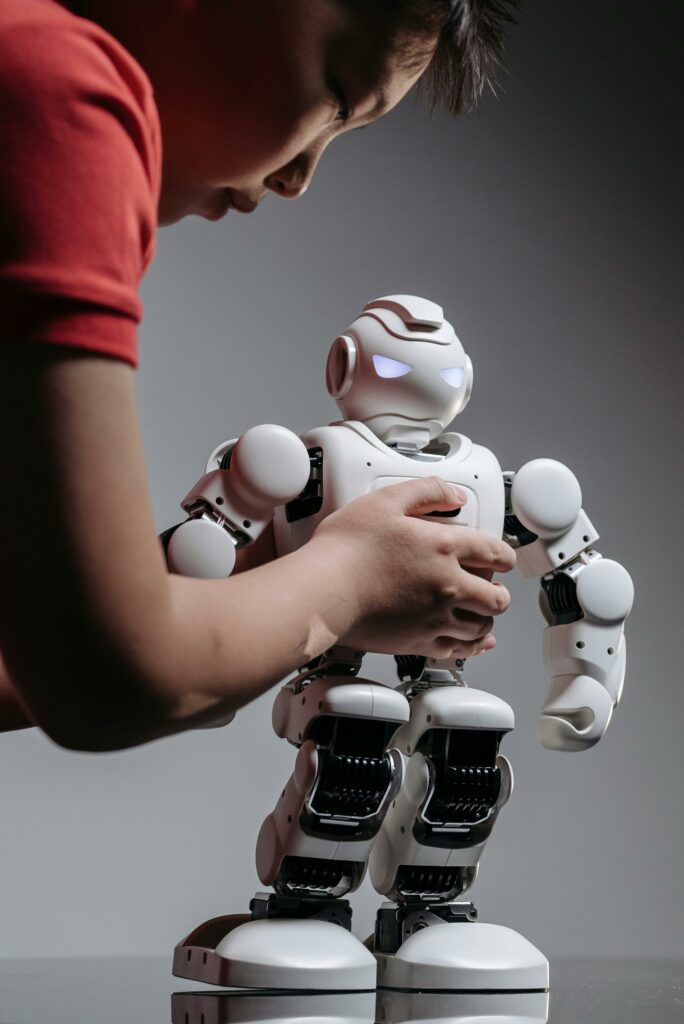
on Unsplash
We need to reimagine education, as the current educational system has been outdated for over 100 years. Education is constantly evolving, and the existing methods are approaching redundancy. Exams that constitute high percentage of students’ grades do not accurately reflect what they have learned. Many students spend hours memorizing and cramming information before exams to achieve an A+, only to forget everything once the exam is over. Like Jeff Hopkins suggests in the video,” Education as if People Mattered”, we offer courses in subjects like Science, Math, and English, but do we have courses focused on competencies such as critical thinking and creative thinking. Competency-based courses could better prepare future generations for the real world.

“Education is not the filling of a pail, but the lighting of a fire.”
Jeff Hopkins

Educators face many challenges when attempting to change pedagogical approaches. Veteran teachers often resist change, adhering to the mentality of “if it’s not broke, don’t fix it.” Many teachers have spent years developing lesson plans for their students and lack the resources or time to implement new methods. In my experience working in grade 1, teachers only get 120 minutes of prep time per week for planning and preparation. Time constraints are a widespread issue, making it difficult to implement changes.
The competency-based education approach is a great method that allows students to master skills or competencies at their own pace, accommodating various learning abilities. Students have a choice in how they learn and are not pressured to pass a single exam; if they fail, they can continue learning without falling behind and learn from their mistakes. However, a challenge of competency-based education is determining which competencies are most essential.
If you improve education by teaching for competence, eliminating schooling, and connecting with students, the test scores will improve.
William Glasser : American Psychologist